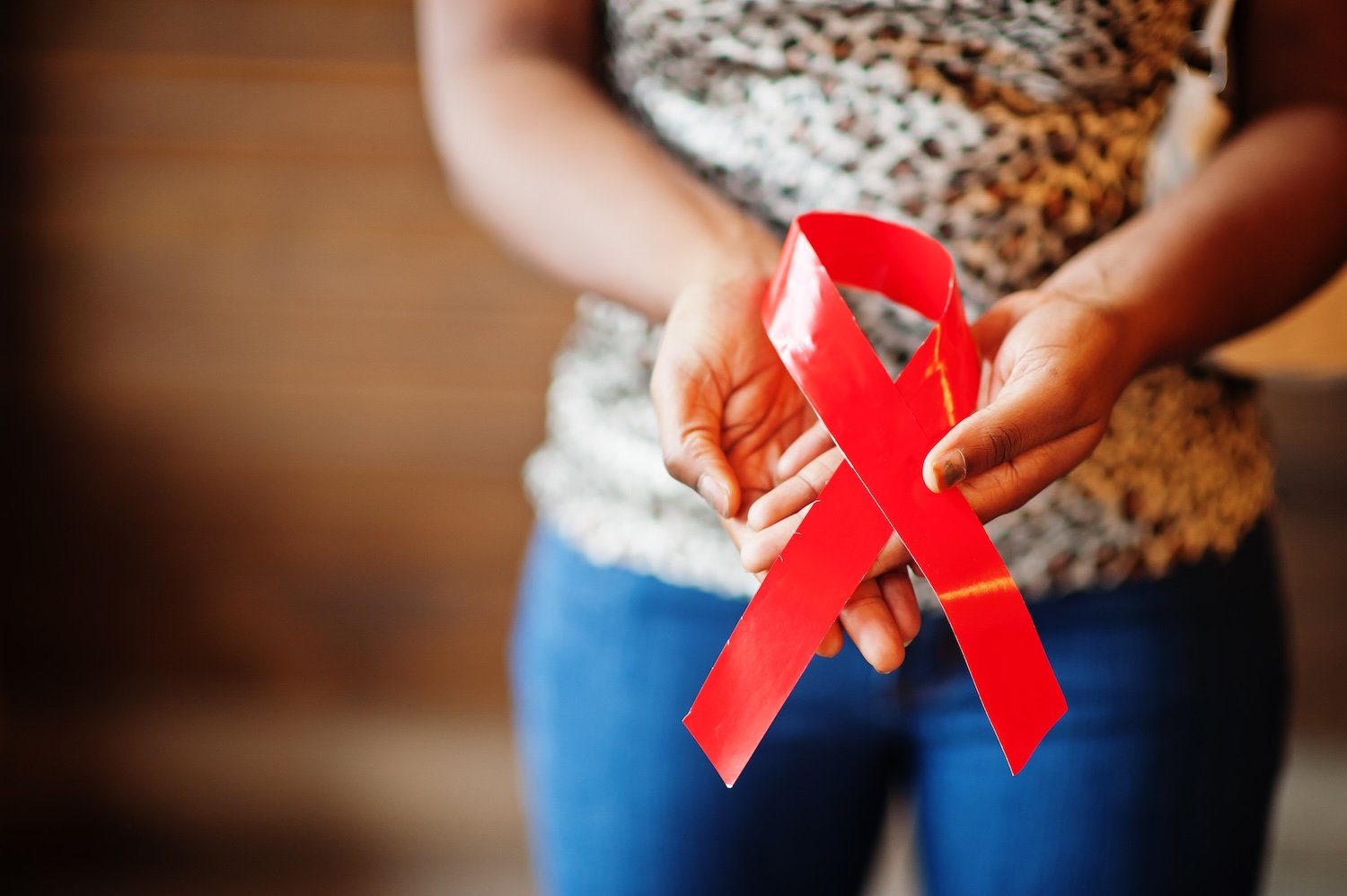Understanding HIV: Awareness, Prevention, and Support
Understanding HIV: Prevention & Support
HIV affects millions worldwide, but with proper awareness, prevention strategies, and treatment, individuals can live healthy, fulfilling lives. Understanding transmission, prevention methods, and available support systems is crucial for managing HIV effectively.
Human Immunodeficiency Virus (HIV) continues to be a significant global health issue, affecting millions of people worldwide. Despite advances in medical science and public health education, misconceptions and stigma surrounding HIV persist, making awareness campaigns more critical than ever. This blog aims to provide comprehensive information about HIV, its transmission, prevention strategies, and the importance of support for those living with the virus.
What is HIV?
HIV is a virus that attacks the body’s immune system, specifically the CD4 cells (T cells), which are crucial for fighting infections. If untreated, HIV can lead to Acquired Immunodeficiency Syndrome (AIDS), the final stage of HIV infection, where the immune system is severely damaged, and the body becomes vulnerable to opportunistic infections and certain cancers.
Key Facts about HIV
1. Transmission: HIV is transmitted through blood, semen, vaginal fluids, rectal fluids, and breast milk. The most common ways of transmission include unprotected sexual intercourse, sharing needles, and from mother to child during childbirth or breastfeeding.
2. Symptoms: Many people experience flu-like symptoms 2 to 4 weeks after exposure to the virus. This acute phase may include fever, sore throat, fatigue, and swollen lymph nodes. However, some individuals may remain asymptomatic for years.
3. Diagnosis: HIV can be diagnosed through various tests, including antibody tests, antigen/antibody tests, and nucleic acid tests (NAT). Regular testing is crucial, especially for those at higher risk.
4. Treatment: While there is currently no cure for HIV, antiretroviral therapy (ART) can effectively manage the virus, allowing individuals to live long, healthy lives. ART works by reducing the viral load in the body to undetectable levels, which also eliminates the risk of sexual transmission (often referred to as "undetectable = untransmittable" or U=U).
The Importance of Awareness
Breaking the Stigma
One of the most significant barriers to HIV prevention and treatment is the stigma associated with the virus. Misunderstandings about how HIV is transmitted can lead to discrimination against those living with the virus. Awareness campaigns play a vital role in educating the public and dispelling myths, fostering a more supportive environment for individuals affected by HIV.
Encouraging Testing
Awareness is key to encouraging individuals to get tested. Many people are unaware of their HIV status, which can lead to late diagnosis and increased risk of transmission. Regular testing is essential, particularly for individuals with high-risk behaviors. Awareness campaigns can help normalize testing and promote regular health check-ups.
Promoting Safe Practices
Education about safe practices is crucial in preventing the spread of HIV. Awareness initiatives can teach individuals about the importance of using condoms, the benefits of pre-exposure prophylaxis (PrEP) for those at high risk, and the necessity of not sharing needles. By promoting safe practices, awareness campaigns can significantly reduce transmission rates.2. Gut Microbiota Imbalance
Prevention Strategies
1. Safe Sex Practices
Using condoms consistently and correctly during sexual intercourse is one of the most effective ways to reduce the risk of HIV transmission. Condoms act as a barrier, preventing the exchange of bodily fluids that can carry the virus.
2. Pre-Exposure Prophylaxis (PrEP)
PrEP is a medication taken by HIV-negative individuals to reduce their risk of contracting HIV. When taken consistently, PrEP can reduce the risk of HIV infection by up to 99% during sex and by 74% for people who inject drugs.
3. Regular Testing
Regular HIV testing is crucial for sexually active individuals, especially those with multiple partners or those who engage in high-risk behaviors. Early detection can lead to timely treatment, reducing the risk of transmission.
4. Antiretroviral Therapy (ART)
For those living with HIV, adhering to ART can keep the virus suppressed, making it undetectable. This not only improves the individual’s health but also ensures they cannot transmit the virus to sexual partners.
5. Education and Awareness Campaigns
Public health organizations and community groups play a vital role in disseminating information about HIV. Awareness campaigns can target schools, workplaces, and community centers to educate people about prevention and reduce stigma.
The Role of Community Support
Emotional Support
Living with HIV can be emotionally challenging. Support groups can provide a safe space for individuals to share their experiences, fears, and hopes. These groups can foster a sense of belonging and reduce feelings of isolation.
Access to Resources
Community organizations often provide essential resources for individuals living with HIV, including medical care, counseling, and financial assistance. Awareness of these resources can empower individuals to seek help when needed.
Advocacy
Community support also plays a crucial role in advocating for the rights of people living with HIV. Advocacy efforts can lead to improved healthcare services, anti-discrimination policies, and increased funding for HIV research and education.
HIV awareness is a vital component in the fight against the virus. By educating the public, breaking down stigma, promoting safe practices, and providing support for those affected, we can create a more informed and compassionate society. It is essential for everyone to take part in raising awareness and fostering a supportive environment for individuals living with HIV. Together, we can work towards a future where HIV is no longer a public health crisis.
By promoting understanding and empathy, we can ensure that those affected by HIV live fulfilling lives free from discrimination and fear. Remember, knowledge is power, and together we can make a difference in the fight against HIV.
If you or someone you know is concerned about HIV, early testing and treatment are crucial. At Concierge Medicine of Cincinnati, we provide confidential, compassionate care and comprehensive HIV prevention, testing, and management services. Contact us today to schedule a private consultation and take control of your health journey.


